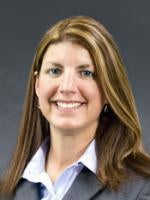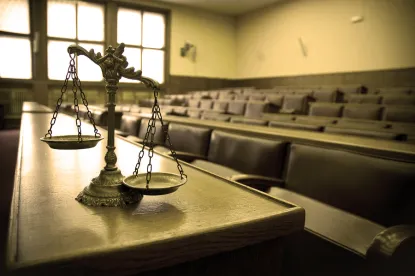There are several changes to the Colorado Rules of Civil Procedure that are applicable to any cases filed on or after July 1, 2015. Overall, the changes to the rules seem to try to eliminate the tactics, delays and costs of discovery.
It is important for trust and estate litigation attorneys to be aware of all of the changes, as certain civil rules are applied to probate court cases through C.R.P.P. 37 and more (or all) can be applied by stipulation of the parties or order of the court.
One area of changes that will have a large impact in probate litigation is the revisions to the rules regarding expert witnesses.
First, the revisions distinguish between and include specific requirements for the disclosure of a “retained expert” or “non-retained expert.” C.R.C.P. 26(a)(2)(B)(I) and (II). Second, the expert’s direct testimony is limited to the matters disclosed in the expert’s report. C.R.C.P. 26(a)(2)(B)(I)(h) and 26(a)(2)(B)(II)(c). Third, draft reports and correspondence between counsel and an expert witness are protected from discovery. However, if the correspondence between the expert and counsel relates to compensation, underlying facts or underlying assumptions considered by the expert in forming opinions, it is subject to disclosure. C.R.C.P. 26(b)(4)(D).
Another topic that will have an impact in probate litigation is the revisions to the rules regarding interrogatories and requests for production.
Boiler-plate objections are no longer allowed. Objections must be specific and it must be noted whether any information is being withheld pursuant to the specific objection. In addition, any objections can be resolved by the court without having to file motions for protective orders or motions to compel. The court may handle these disputes orally or in writing.
There are also changes regarding sanctions in discovery disputes, case management conferences and orders, more robust initial disclosures and proportionality. In total, the following rules include changes: 1, 12, 16, 16.1, 26, 30, 31, 33, 34, 37, 54, and 121 §1-22.



 />i
/>i

